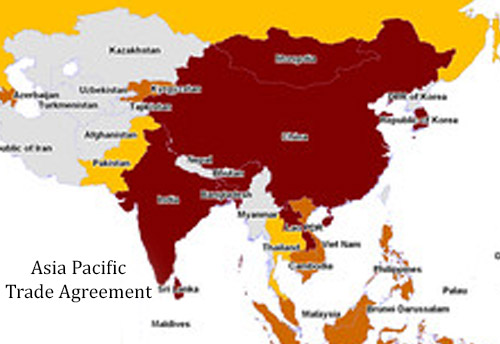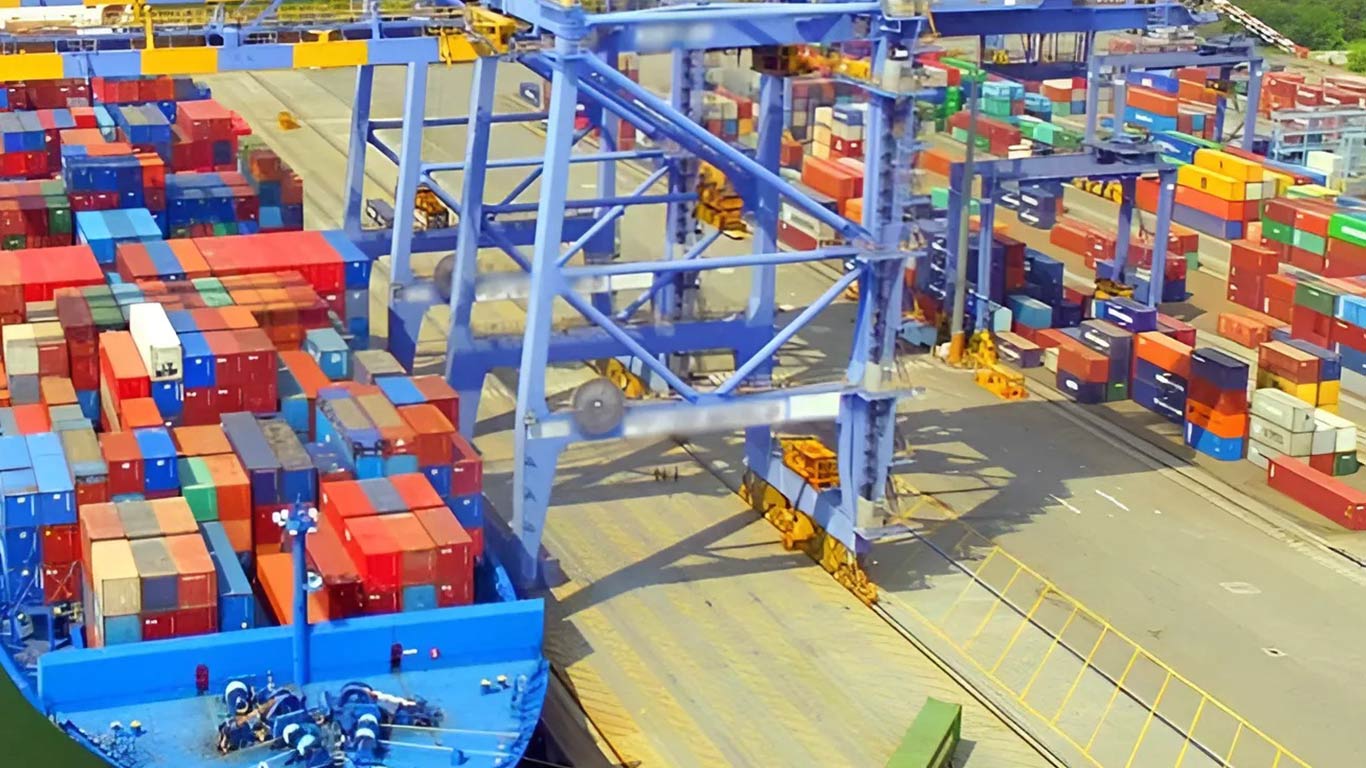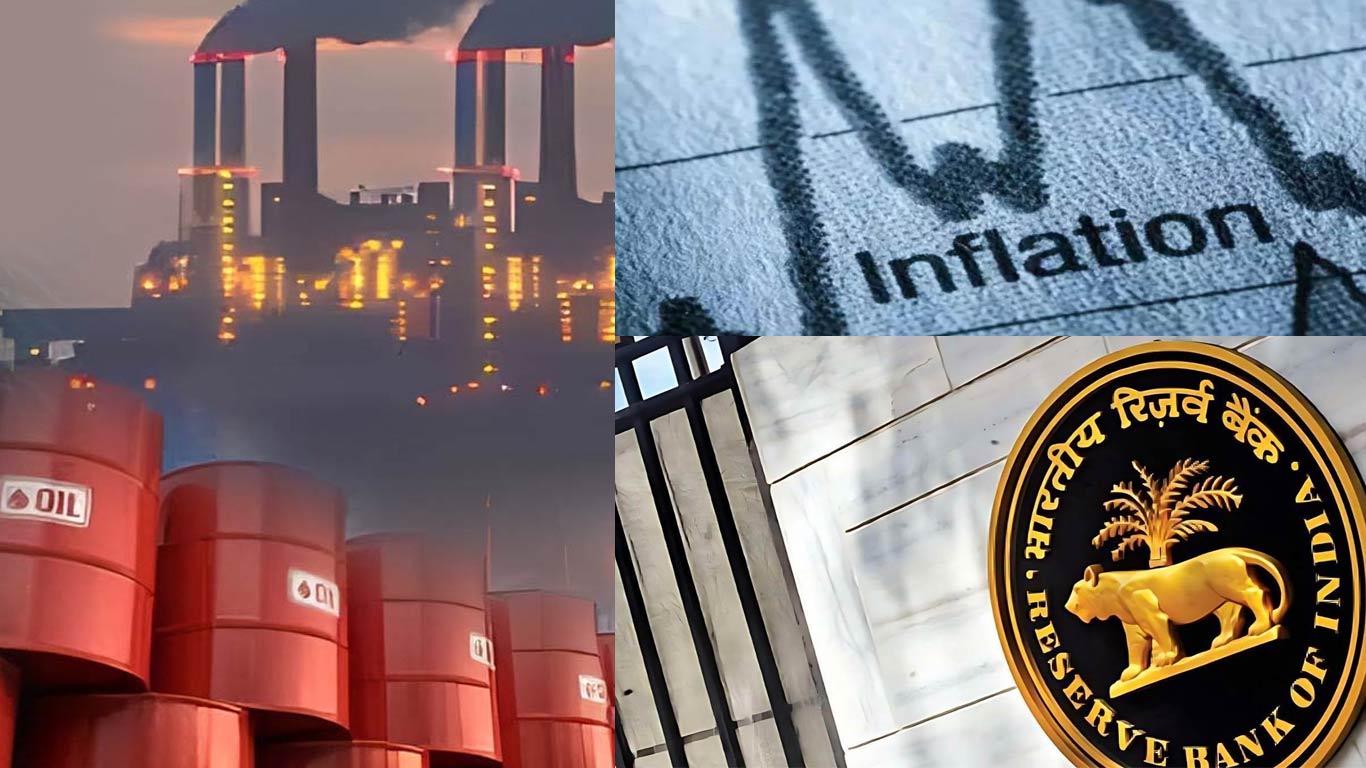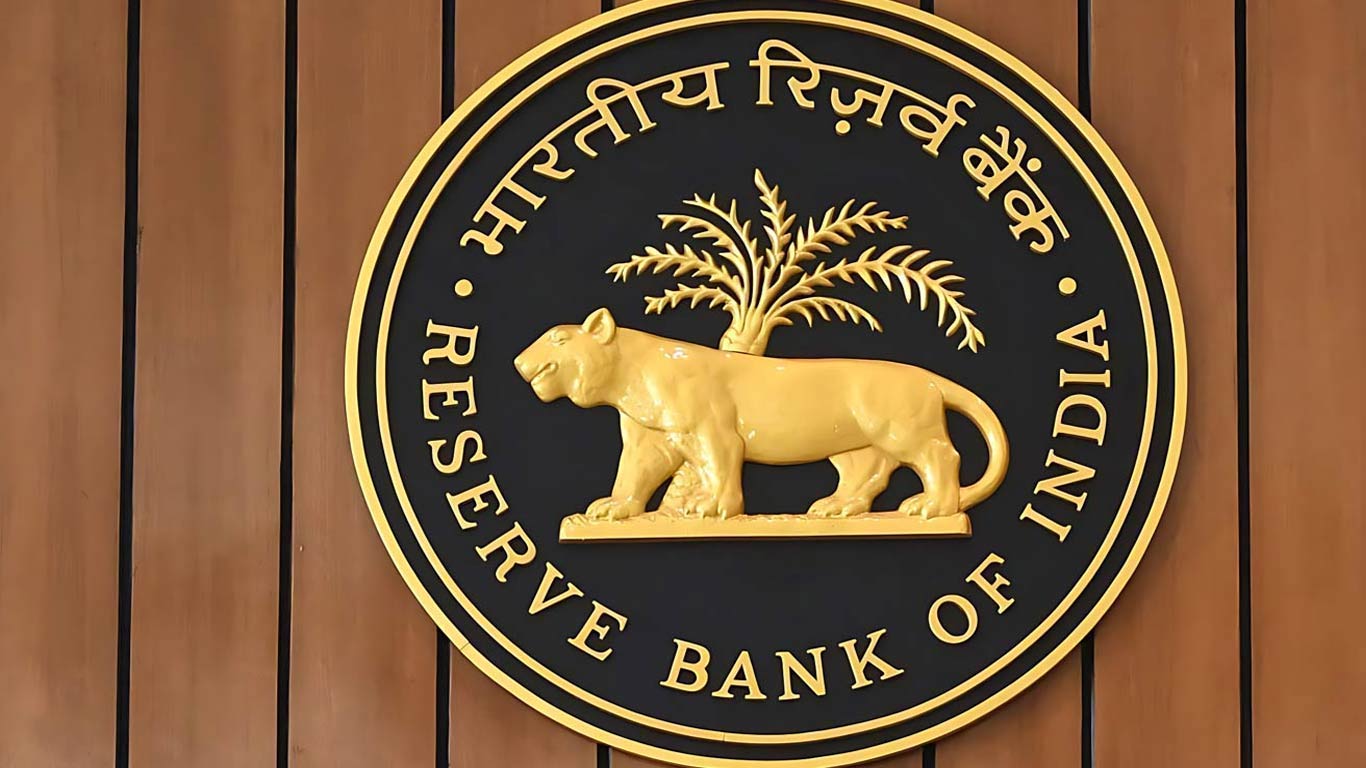Only raw material imports should be a part of APTA, not finished goods: Expert
Updated: Jun 27, 2016 09:57:12am

Although apt for imports, APTA expansion could be a negative move for piling export bills: Expert
New Delhi, June 27 (KNN) The commerce department has reportedly sought cabinet approval to expand the Asia Pacific Trade Agreement (APTA) as part of the exercise focussing on importing raw materials and intermediaries from APTA member countries and, in return, giving higher tariff concessions on more products.
The increased import of raw materials, intermediaries and components such as machine tools, chemicals and plastics though claims to reduce costs and improve competitiveness of domestic industry but as per the expert views this is sure to take Indian exports to a further downturn.
APTA covers Bangladesh, China, India, Laos, South Korea, Sri Lanka and Mongolia. Since most significant economies of the world such as India, China and Korea are present in the agreement.
According to some experts, the import of raw material such as minerals, industrial goods and electronics will increase substantially through this expansion and make the domestic market competitive.
India has proposed duty concessions to expand from former 570 products to nearly 3000 products now. Not only this, duty concessions have been increased by a margin of preference of 33% implying that duties on each of the products will be reduced by a third for the importing countries.
However, talking to KNN about its nuances on Indian Trade Dr. Ashish Saurikhia, Coordinator, Policy of Electronic Industries Association of India (ELCINA) said, “Almost 70-80% of electronic components are imported duty free from countries like China, Thailand, Singapore under Information Technology Agreement (ITA). Around 227 tariff lines are already duty free. So, how far the APTA expansions add on to the electronic industry would really depend on the nature of product it covers.”
“As far as duty concessions on other products are concerned, completely manufactured goods should not be a part of APTA as this will have a negative bearing on Indian Manufacturing base. So, to counter all of it, only raw inputs or semi manufactured goods should be a part of APTA and not the fully manufactured goods,” he added.
Apart from such agreements and foreign trade pacts there are a whole lot of other issues that paralyse Indian Industry today which according to Saurikhiya need an urgent government attention.
“The first disability inflicted on Indian industry is the massive cost of finance. With interest rate on commercial borrowing in India being 12.5% or more is around 10% more than the interest rates of around 2.5-2.7% in Taiwan.”
“Secondly, the electricity cost in India is around six times higher than in China and last but not the least deals with the fact that most of the land for setting up factories in China is provided by government on a minimum nominal lease whereas in India we need to purchase land and face litigation from farmer associations and political parties which itself makes it a herculean task,” he claimed
So, in times to come Government needs to compensate for these disabilities while calculating tax, import and export duties and other tariffs or it surely needs to fiscally incentivise the Indian Industry. Mere trade agreements without any redressal of these issues won’t help Indian Industry much, opined the experts. (KNN/ GK)











